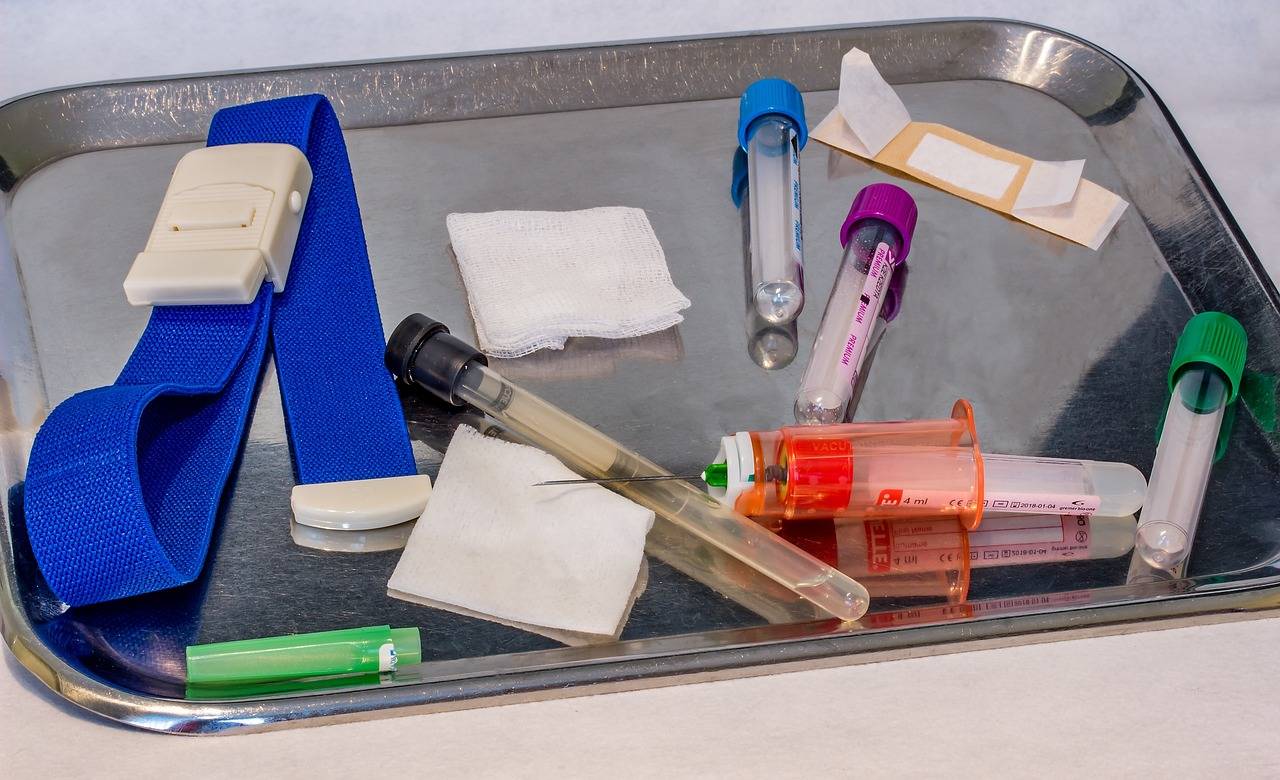The Role of Cultural Sensitivity in Healthcare
Cultural barriers in healthcare can manifest in various forms, impacting the quality of care provided to patients from diverse backgrounds. Misunderstandings arising from differing cultural norms, values, and beliefs can hinder effective communication between healthcare providers and patients. This breakdown in communication may result in compromised treatment outcomes and patient satisfaction.
Moreover, cultural barriers can lead to disparities in healthcare access and utilization among different cultural groups. Factors such as stigmatization, discrimination, and lack of cultural competence in healthcare settings can further exacerbate these disparities. By acknowledging and addressing these cultural barriers, healthcare professionals can strive to deliver more inclusive and equitable care to all patients, regardless of their cultural background.
Understanding the Impact of Language Differences
Language differences can significantly impact healthcare delivery and patient outcomes. Miscommunication due to language barriers can lead to misunderstandings, incorrect diagnoses, and improper treatment. In healthcare settings, clear and accurate communication is crucial for building trust, ensuring patient safety, and providing quality care.
Healthcare providers need to be aware of the language preferences of their patients and have access to interpretation services when needed. Patients who speak limited English may face challenges in expressing their symptoms, understanding medical instructions, and sharing important health information. By addressing language barriers proactively and facilitating effective communication, healthcare professionals can promote better health outcomes and enhance the overall patient experience.
Recognizing the Influence of Religious Beliefs on Healthcare
Religious beliefs play a significant role in shaping individuals’ attitudes towards healthcare practices. Patients may adhere to specific religious teachings that influence their decisions regarding treatment options, acceptance of medical interventions, or end-of-life care. For example, some religions prohibit certain medical procedures, blood transfusions, or organ transplants, which can create challenges for healthcare providers in delivering appropriate care.
Moreover, religious beliefs often affect individuals’ perceptions of illness and healing. Some may believe in the power of spiritual practices, prayers, or rituals alongside modern medical treatments. This integration of religious and spiritual beliefs into healthcare can have implications for a patient’s overall well-being and recovery process. Healthcare providers need to be sensitive to these dynamics and collaborate with patients to provide culturally competent care that respects their religious beliefs and practices.





